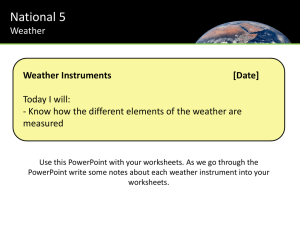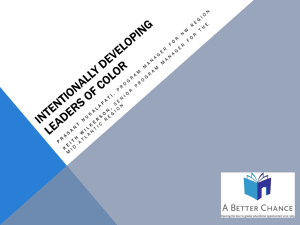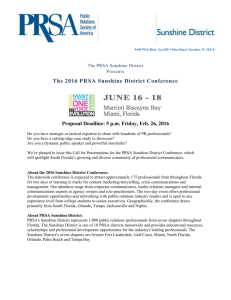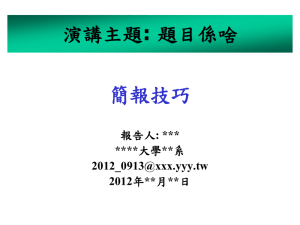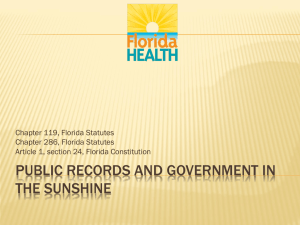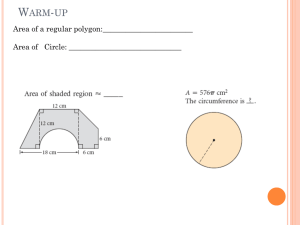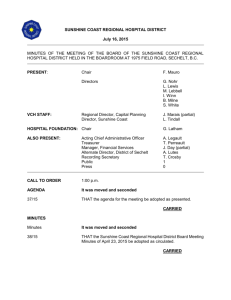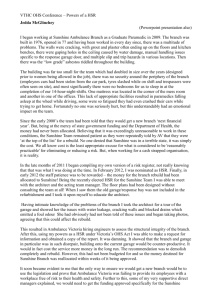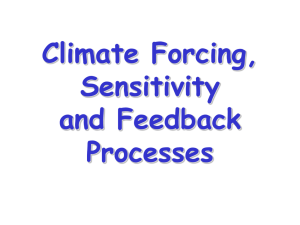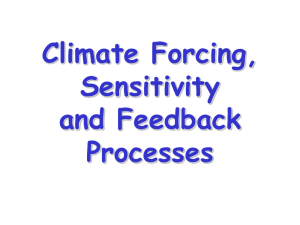Sunshine Circles® Promote Positive Relationships in Your
advertisement
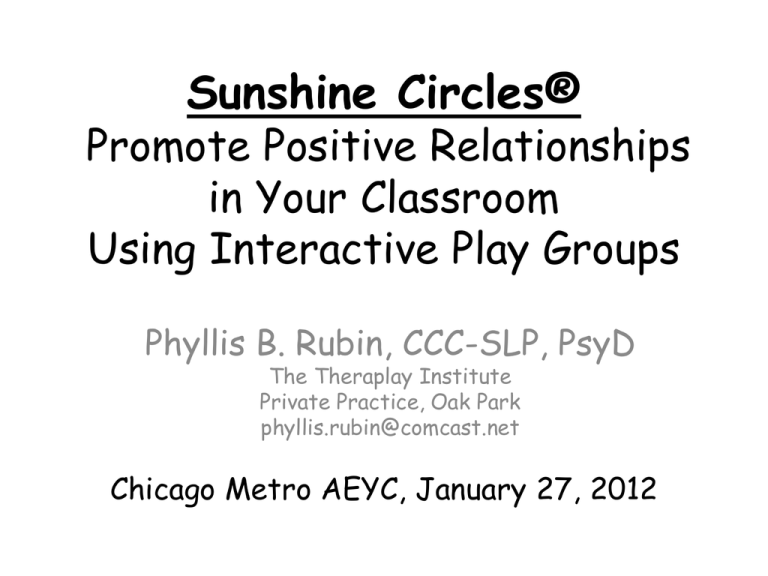
Sunshine Circles® Promote Positive Relationships in Your Classroom Using Interactive Play Groups Phyllis B. Rubin, CCC-SLP, PsyD The Theraplay Institute Private Practice, Oak Park phyllis.rubin@comcast.net Chicago Metro AEYC, January 27, 2012 Resources • Trainings in Sunshine Circles for school districts will be available soon. Contact The Theraplay® Institute: – 1840 Oak Ave., Suite 320 , Evanston, IL 60201 – Phone: 847-256-7334, Fax: 847-256-7370 – www.theraplay.org for research summaries. – e-mail: info@theraplay.org • Play with Them: Theraplay® Groups in the Classroom, Rubin and Tregay, Charles C. Thomas, 1989. What are Sunshine Circles? • 99% interactive play groups that build positive relationships and classroom communities in action. • Leader leads and participates. • Playful and fun. • Accepting and positive. • Valuing and caring. • Focused on cooperation. • Intentionally involve touch and proximity. What Does Healthy Interactive Play Teach? • 1st Sunshine Circles experience. – High 5 hello. – Circle rules – Check-ups – Copying game – Pass It Along – Balloon Bop – Peanut butter - Jelly – Sharing (treat, thanks, soft touch, hug). – Sunshine Song. What was your experience? Did you feel safe? Did you have fun with others? Did you feel connected with your peers? Were your needs respected? How did you feel about yourself? What does this teach you about yourself and others? • How would this help your group? • • • • • • What can “SC” do for your children? • • • • • • • • • Rules are simple, easy to understand and follow. Physical and emotional safety is valued. Everyone feels important and respected. Mutual caring is valued. Feelings are noticed and accepted. Cooperation is emphasized over competition. Joy is enhanced and shared. Adult carries-over Circle values into the classroom. Child-adult relationship grows stronger. What can “SC” do for your children? Consistent with social-emotional curricula. Create warm, positive relationships. Build resilient classrooms. Children better able to tolerate frustration and/or ask for help. • More peer teaching, more sharing leads to smoothly running classroom. • Build social communication skills. • Good for children with various special needs, identified or not. • • • • Circle Rules • No Hurts! – Helps kids feel important and cared about. – Increases respect for needs of others. • Stick Together! – Helps kids feel connected to others. – Helps develop ability to cooperate and problem solve. • HAVE FUN! – Creates shared joy. – Builds confidence. • Unspoken rule: The Adult is in Charge! – Helps kids feel guided and supported. Creating the Sunshine Atmosphere • Teacher takes a playful, leadership role. • DOING is more important than TALKING. • Accept all behaviors except for hurting oneself or others. Negative as well as positive feelings are accepted. • Use Circle rules to manage behaviors positively and respectfully. • Choose activities that are cooperative, not competitive. Rituals of Sunshine Circles • Check-ups – Acknowledges each child. – Shows caring. – Children get attention without having to ask or act up for it. • Food Share ─ Children learn to give and receive. • Ending Song or Chant – Provides closure. Literature and Music • Books: – Greetings Sun, Phillis and David Gershator. – Foo, Richard Thompson. – The OK Book, Things that Make you Feel Good/Bad, Todd Parr. – Yo! Yes?, Chris Raschka. – Mean Soup, Betsey Everitt. – How Are You Peeling? Saxton Freymann and Joost Elffers. • CD Albums: – It Starts In The Heart, Becky Bailey, Jack Hartman. – All Day Long, Dr. Jean - Dr. Jean.org – Tony Chestnut & Fun Times Songs, The Learning Station. Ending Sunshine Experience • • • • • • • • Hello __. We’re glad you’re here today. Check-ups Cold Potato – Hot Potato Silly Bones A-Tooti-Tah Weather Report Book Song - (If you’re happy)
